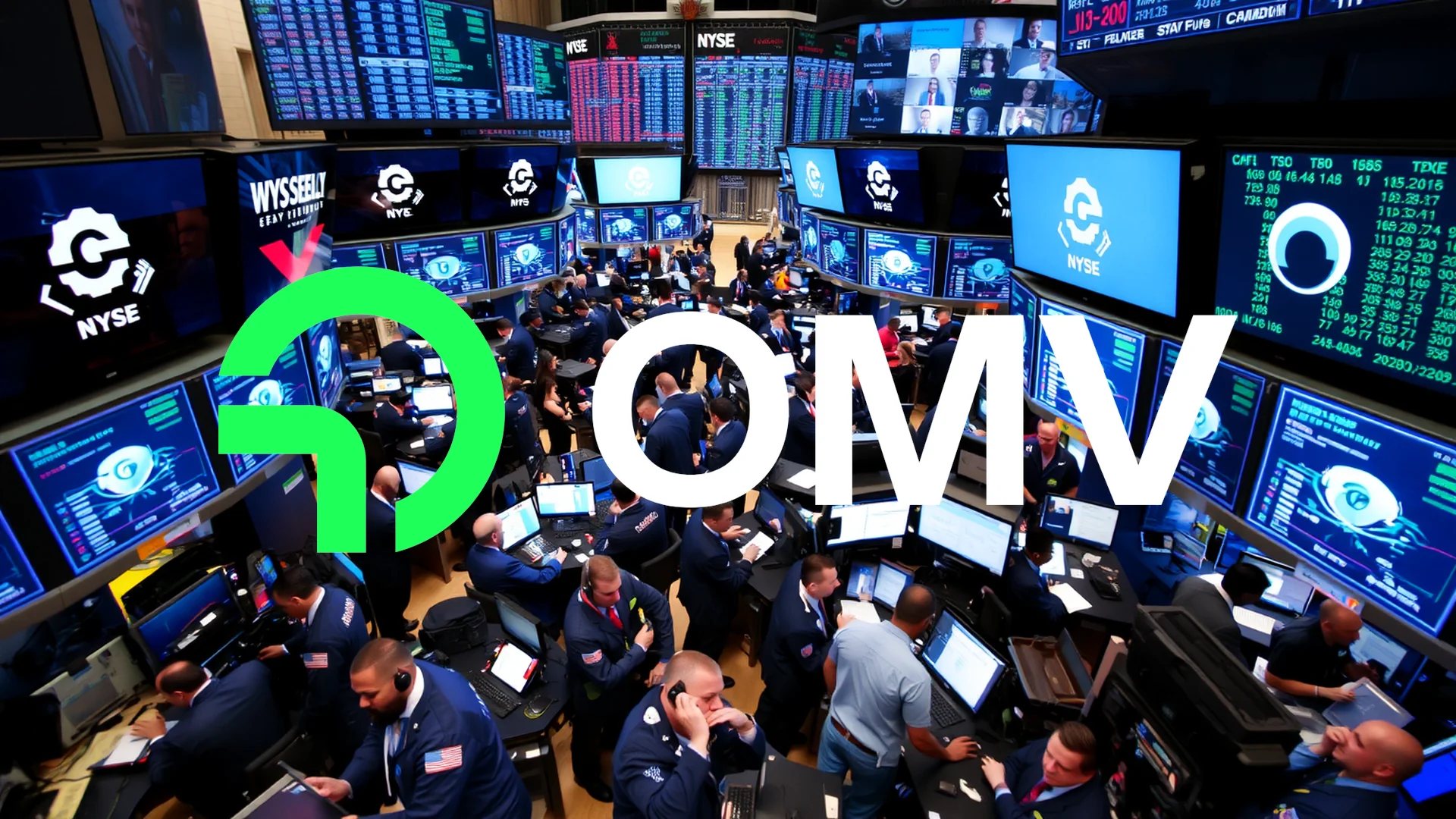Austrian energy group OMV has unveiled a dramatic strategic reversal, catching investors off guard with a multi-billion euro reduction in planned expenditures. The company is slashing future investments by five billion euros, tempering growth expectations, and placing natural gas at the center of its strategy. This decisive move raises a critical question for the market: is this an emergency brake on ambition, or a prudent recalibration for an uncertain energy landscape?
Financial Discipline Takes Priority
In a significant departure from previous guidance, OMV’s executive board is applying the brakes to its capital expenditure program. The company now plans to invest an average of just €2.8 billion annually from 2026 through 2030, a substantial cut from the €3.8 billion per year previously targeted.
This €1 billion annual reduction stems from two primary sources:
* €3.5 billion from the deconsolidation of its chemicals subsidiary, Borealis
* €1.5 billion from the postponement of projects within its energy and fuels segments
The overarching message to shareholders is one of heightened capital discipline and a reinforced balance sheet, signaling that financial resilience now outweighs aggressive expansion.
Revised Financial Targets and Efficiency Drive
With its new, leaner investment profile, can OMV maintain profitability? The company’s updated financial forecasts present a nuanced outlook.
Should investors sell immediately? Or is it worth buying Omv?
The 2030 target for operating cash flow has been revised downward from €7.5 billion to “over €6 billion.” To help offset this reduction, a new efficiency program is underway, designed to generate more than €500 million in additional cash flow by the end of 2027. Market observers are now weighing whether this combined approach will be sufficient to navigate persistent market volatility.
Natural Gas Emerges as Central Pillar
As some sustainable energy initiatives are deferred, OMV is making a clear strategic bet on natural gas. The company aims to increase its total oil and gas production to approximately 400,000 barrels of oil equivalent per day by 2030.
The flagship Neptun Deep project in the Black Sea remains a cornerstone of this gas-focused strategy. First gas production is still on schedule for 2027, reinforcing management’s view that natural gas represents a critical bridge fuel for the future.
OMV shares were last quoted at €45.92, trading nearly 6% below their 52-week high. The market’s verdict on whether this austerity-driven strategy will secure long-term stability or sacrifice vital growth opportunities will likely unfold over the coming quarters.
Ad
Omv Stock: Buy or Sell?! New Omv Analysis from February 7 delivers the answer:
The latest Omv figures speak for themselves: Urgent action needed for Omv investors. Is it worth buying or should you sell? Find out what to do now in the current free analysis from February 7.
Omv: Buy or sell? Read more here...











